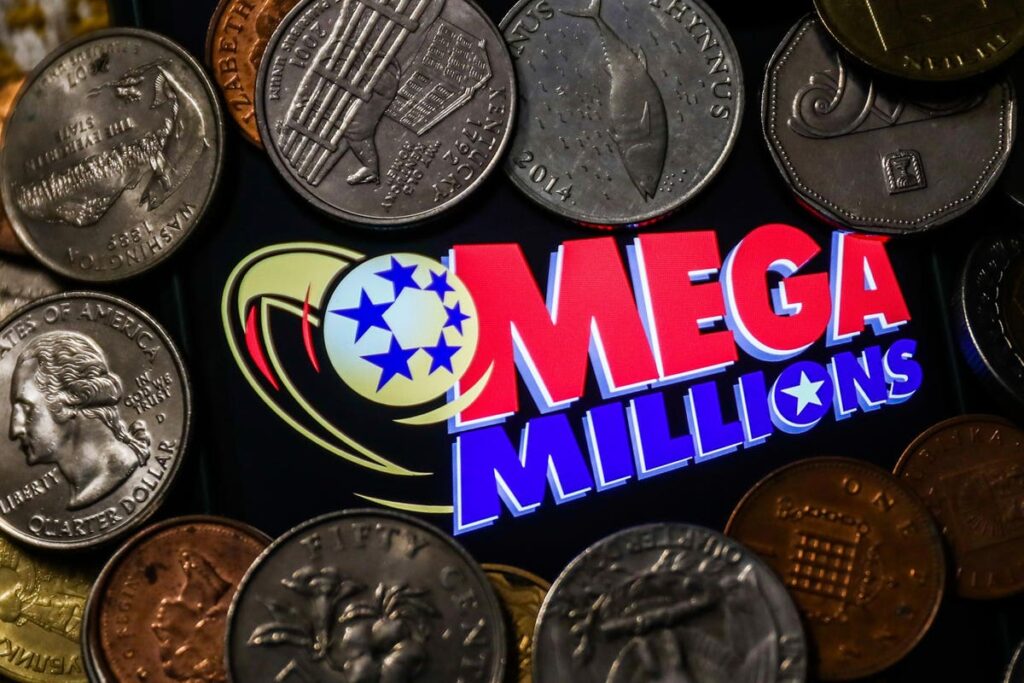A winning ticket for the $1.58 billion Mega Millions jackpot was sold in Florida. If you are the winner of the $1.58 billion Mega Millions jackpot, how much do you collect? Your first answer might be $1.58 billion. But in fact, you actually would collect that amount—before taxes—only if you agree to take the mega payments over 30 years. That means 30 annual payments. If you want payment in a lump sum, the prize is cut roughly in half to $783.3 million.
The IRS gets $187,992,000 of that right away, since the tax law require 24% federal income tax withholding that is sent directly to the IRS. That cuts the winner’s take home to $595,308,000. Gambling winnings are subject to mandatory federal withholding taxes, so your lump sum payment would be reduced to $595,308,000 million by a mandatory federal tax withholding of 24%.
But IRS tax rates don’t stop at 24%. In fact, the federal marginal rate is as high as 37%, depending on the winner’s taxable income. The winner will clearly be in the top bracket, so will owe another $101,829,000 by April 15, 2024 along with his or her 2023 tax return. That drops the $1.58 billion prize down to $493,479,000 if the winner elects cash. That is still quite a haul, but it’s not close to a billion anymore.
In many cases, state taxes apply too, with rates as low as 2.5% in Arizona ($18.9 million) to as high as 10.9% in New York ($82.5 million), though some states—including California, Florida and Texas, among others—do not tax lottery winnings. This ticket was purchased in Florida, and Florida dot not levy a tax.
The largest jackpot ever won is a $2.04 billion Powerball prize claimed last year. The Mega Millions jackpot is projected to be the third-largest prize ever, trailing the $1.58 billion Powerball jackpot won in 2016. You don’t have to take a lump sum, although lump sums are clearly the most popular so you can do what you want with your winnings. The other choice is to take the $1.58 million in 30 annual installments over 29 years. That’s the only way to get the whole loot. If you elect cash, the pot is $783.3 million, subject to the taxes noted above.
Why is only 24% withheld and sent directly to the government? That’s the rule, but on these numbers, paying that extra 13% in April could be painful indeed. That’s a big check to write come April 15th. Since the tax withholding rate on lottery winnings is only 24%, some lottery winners do not plan ahead, and can have trouble paying their taxes when they file their tax returns the year after they win.
That’s one reason the winner should bank some of the money to be sure they have it on April 15th. If you add the 24% withholding tax plus the 13% extra tax the winner will pay April 15th together, you get a federal tax of $289,821,000.
Read the full article here













